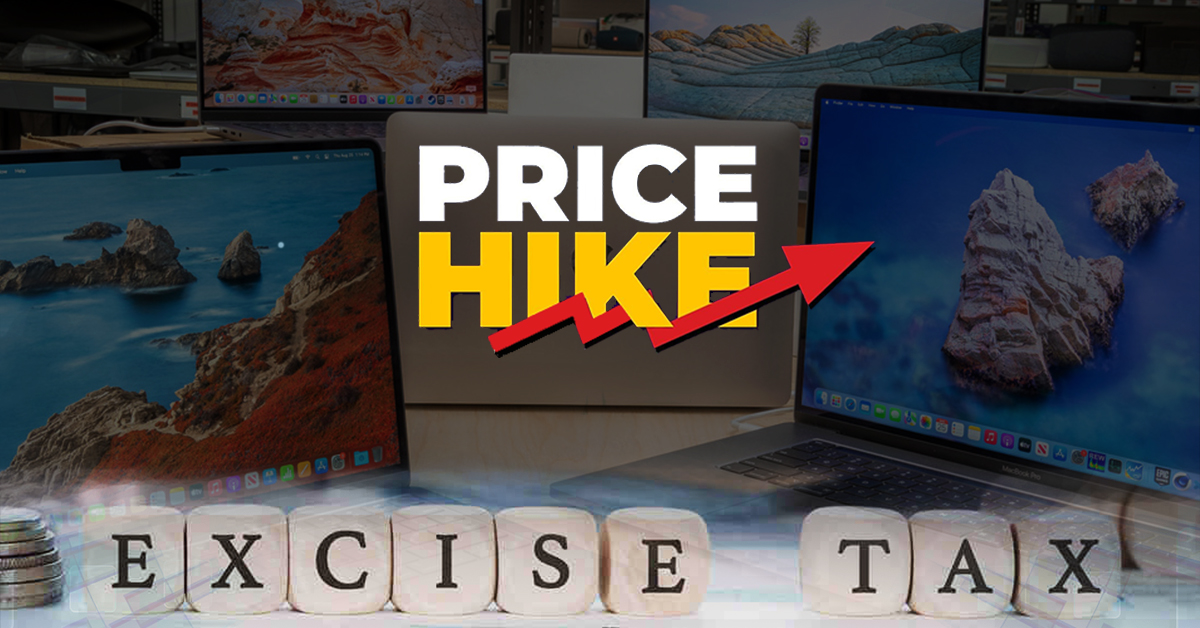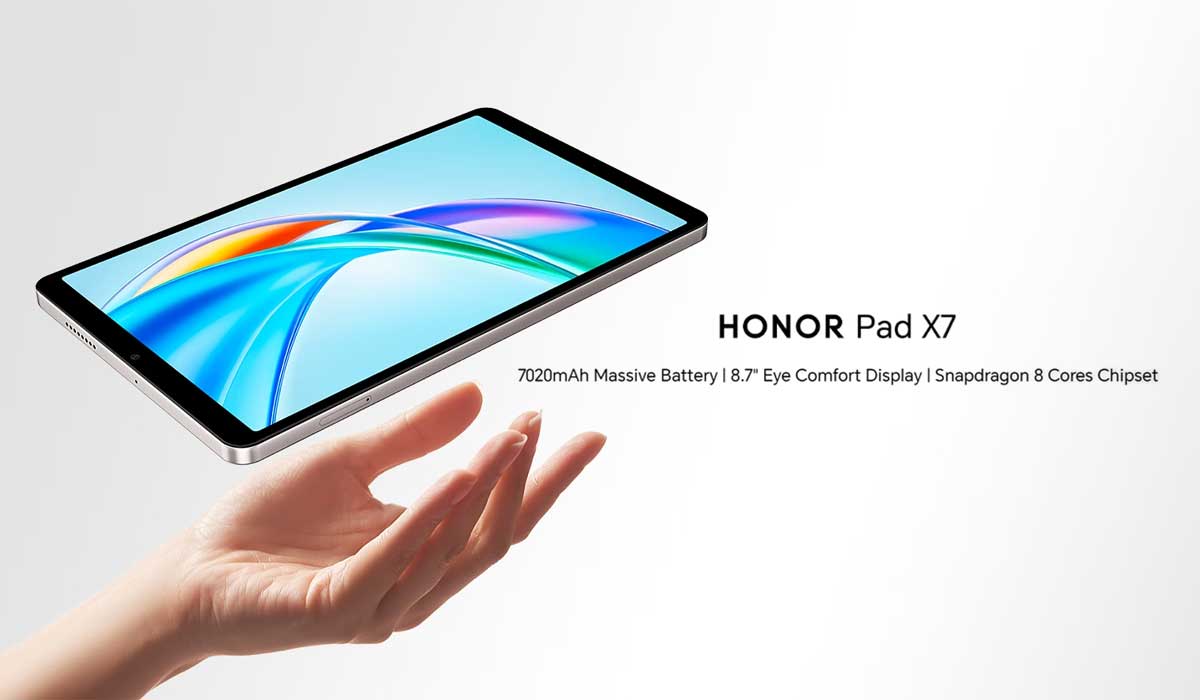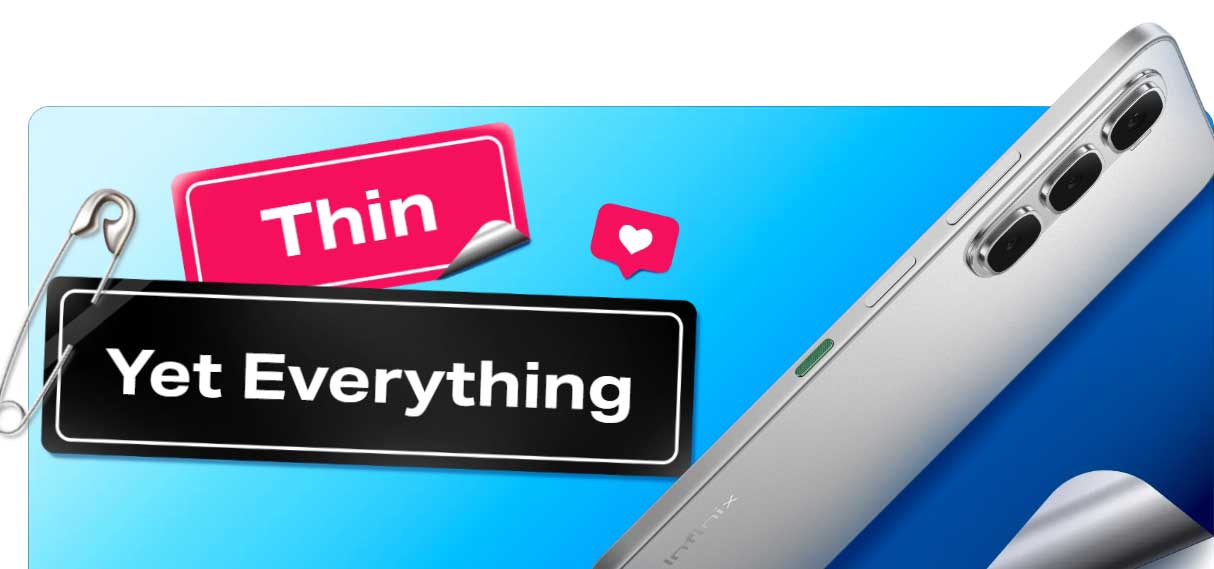HIGHLIGHTS
- The government has imposed a 5% increase in the excise duty on laptops, notebooks, and tablets.
- Information technology industry experts have urged the government to reconsider its decision.
- This announcement followed shortly after the Finance Minister’s 2080/81 budget speech.

The government has decided to impose a 5% excise tax on laptops, notebooks, and tablets for the fiscal year 2081/82. Currently, these electronic goods are subject to only a 13% VAT. With this additional 5% excise duty, the end customer is expected to bear the brunt of the impact.
After Finance Minister Mr. Barshaman Pun declared the ICT decade in his recent budget speech, experts are criticizing the decision to levy an excise tax on laptops, notebooks, and tablets, seeing it as harmful to the country’s IT sector.
Particularly, the president of the Computer Association Nepal (CAN), Mr. Ranjit Podar, has stated, “Excise duty has been imposed on laptops and notebooks, items typically not included on the negative list due to their perceived harmlessness to human health. We urge the government to reconsider this move, as excise duty on such devices is detrimental to the advancement of information technology.”
Similarly, Mr. Chiranjeevi Adhikari, General Secretary of CAN, expressed concerns about the direct ramifications of this policy on crucial sectors including education, tourism, finance, IT, and healthcare. He underscored the significance of implementing incentive policies for importing essential devices such as laptops to foster a technology-friendly society.
How does the imposition of excise duty on laptops impact the IT sector?
IT experts, sales representatives, and various enterprises in the IT sector have expressed apprehension that the implementation of excise taxes could inadvertently fuel the growth of grey markets within Nepal.
There are concerns among some that Nepal’s IT industry could be at risk of facing a significant setback if the government continues to impose taxes on vital devices like laptops, tablets, and notebooks.
President Podar reiterated that the presence of lower prices in the grey market undermines official distributors, exacerbating the issue. He emphasized the urgency for the government to reassess this decision.
For more context, you can go to Page 192 of this PDF posted by the Ministry of Finance and read the details regarding the implemented excise duty.
ALSO READ: Nepal Government’s 2081/82 ICT Budget: Major Highlights and Future Initiatives
My thoughts
The government made a significant mistake by imposing a 5% excise tax on laptops, particularly after announcing plans to export Rs. 3 trillion worth of ICT services from the IT sector over the next decade.
Increasing the excise duty contradicts the government’s new programs for the sector and directly raises the price of these devices, making it harder for consumers to afford laptops, notebooks, and tablets.
Additionally, experts believe this move encourages the grey market that hampers the overall growth of the IT sector.
What are your thoughts on the government’s decision to impose excise duty on laptops? Let us know in the comments below!
-
TechLekh Awards: Best Phones of 2025 in Nepal Winners!Ooooooooooh boy, what a year it was for smartphones, even in Nepal! Phones have been…
-
TechLekh Awards: Best Tablets of 2025 in Nepal Winners!The smartphone scene in Nepal was absolutely crackling this year with constant new launches and…
-
TechLekh Awards: Best Scooters of 2025 in Nepal Winners!Scooters have played a major role in shaping everyday mobility in Nepal. They have always…
-
TechLekh Awards: Best Bikes of 2025 in Nepal Winners!Motorcycling in Nepal has always meant more than just getting from one place to another.…
-
TechLekh Awards: Best Cars of 2025 in Nepal Winners!Electric vehicles continue to dominate Nepal’s market in 2025, and Chinese manufacturers still lead the…
-
Honor Pad X7 Price Hiked! Is it Still the Best Budget Tablet?HIGHLIGHTS Honor Pad X7 price in Nepal is Rs. 21,999 for the 4/128GB variant. The…
-
Infinix Note 50s 5G+ with Dimensity 7300 Just Got Expensive by Rs. 4,000HIGHLIGHTS The Infinix Note 50s 5G+ price in Nepal is Rs. 35,999 (8/256GB). It boasts…
-
PRICE HIKE: Infinix Hot 60i More Expensive than EverHIGHLIGHTS The Infinix Hot 60i price in Nepal now starts at Rs. 16,999 for the…






















